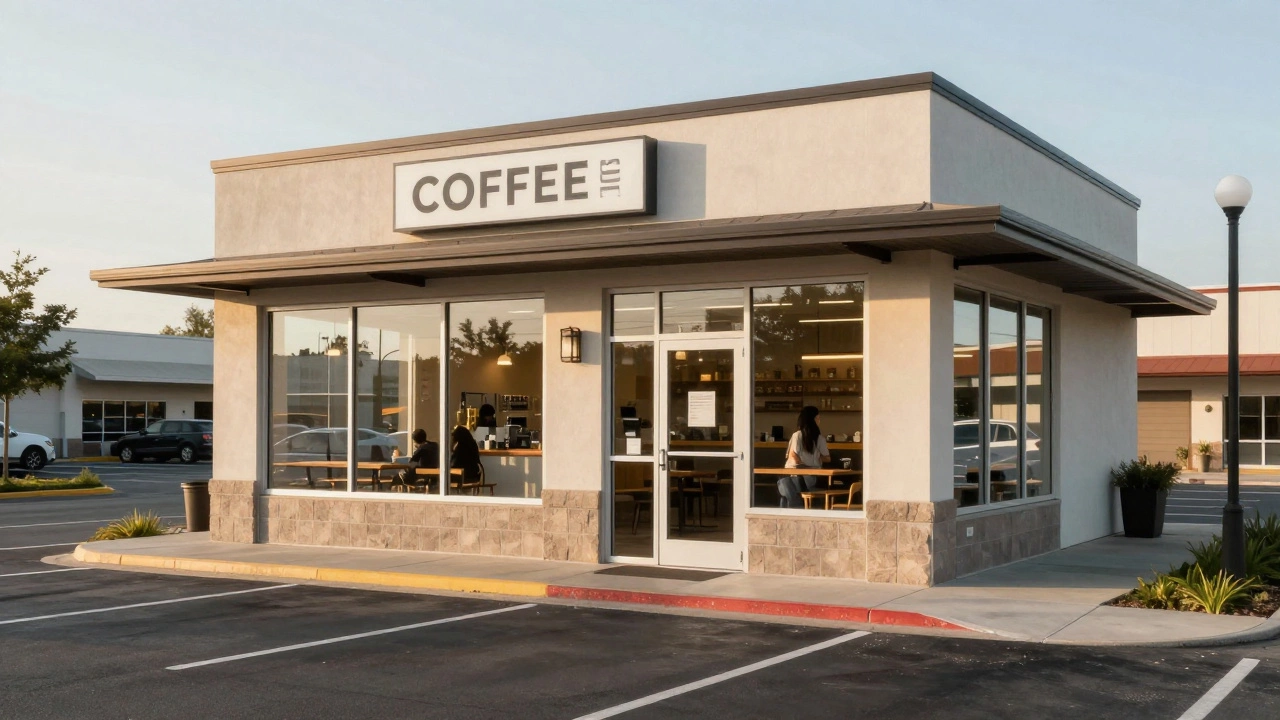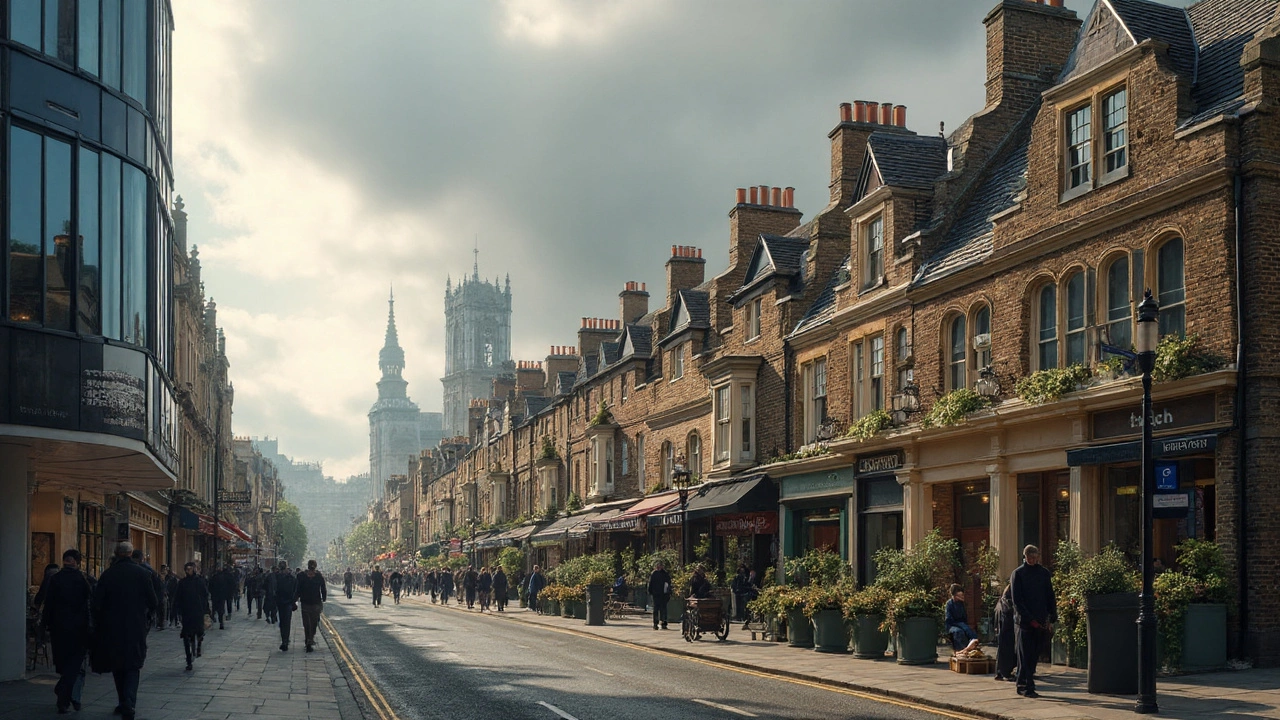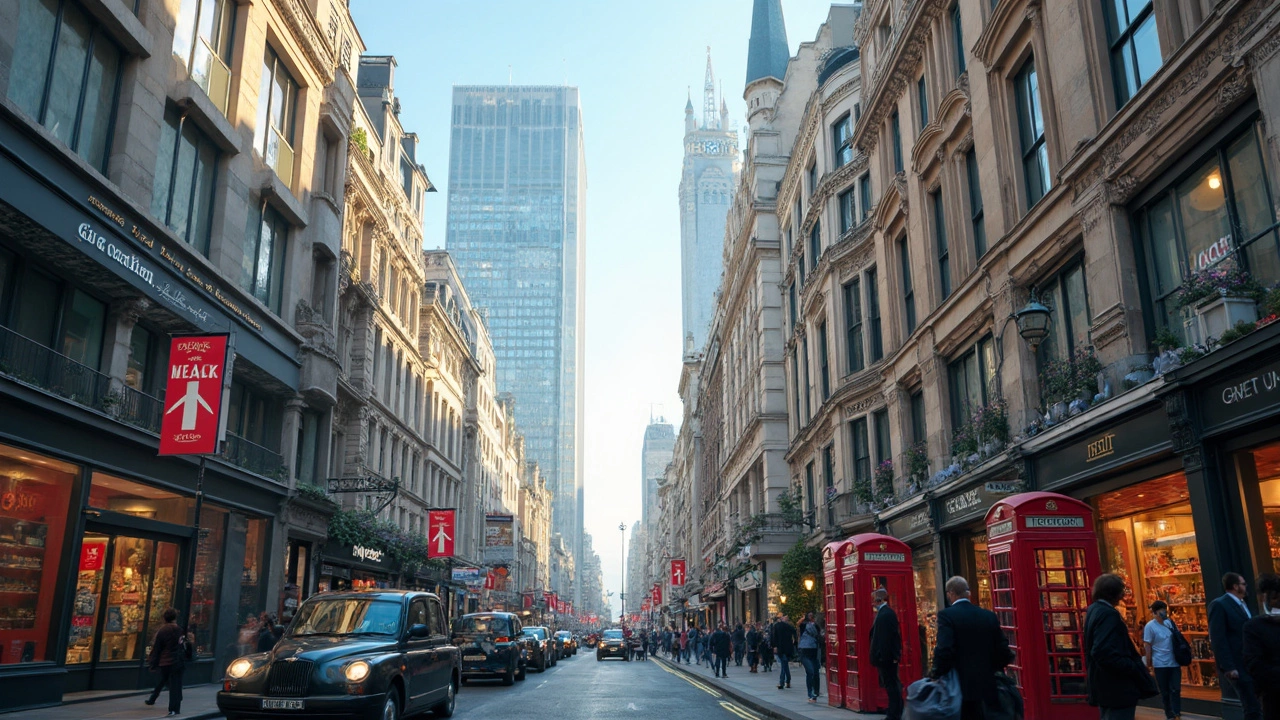Commercial Property: What Every Owner Needs to Know
If you own an office block, shop front, or warehouse, the day‑to‑day challenges can feel endless. Leaks, faulty wiring, and structural wear don’t wait for a convenient time to show up. That’s why having a clear plan for construction, repairs, and regular upkeep is a game‑changer. Below you’ll find straight‑forward advice that helps you keep the building safe, functional, and cost‑effective.
Why Proper Maintenance Matters
Skipping routine checks often leads to bigger, pricier problems. A slow‑dripping pipe left unchecked can damage flooring, weaken walls, and drive up utility bills. Regular inspections let you catch issues early, schedule fixes during off‑peak times, and avoid expensive emergency calls. Think of maintenance as insurance – a small investment now saves a huge headache later.
Another hidden cost is downtime. When a HVAC system fails or a power surge knocks out lights, your tenants or staff lose productive hours. Keeping critical systems serviced on schedule means less disruption and happier occupants. In the long run, a well‑maintained building retains its value and attracts better tenants.
Key Services for Commercial Buildings
When it comes to commercial property, a few core services cover most needs:
- Plumbing and drainage: From leak detection to full pipe replacements, a reliable plumber prevents water damage and keeps waste flowing.
- Electrical safety checks: Regular testing of wiring, circuit breakers, and emergency lighting keeps the building compliant with UK regulations.
- Structural inspections: Checking foundations, walls, and roofs catches cracks or settlement issues before they become safety hazards.
- Heating, ventilation, and air‑conditioning (HVAC): Seasonal servicing keeps temperatures comfortable and energy bills in check.
- Fire safety maintenance: Servicing alarms, extinguishers, and escape routes protects lives and meets legal standards.
All these services can be bundled into a single maintenance contract, which simplifies scheduling and often lowers overall cost.
For larger projects – like adding a new wing, upgrading a façade, or converting loft space – you’ll need a construction partner that understands commercial regulations. Look for a contractor with Tier 1 experience, solid health‑and‑safety records, and the ability to coordinate multiple trades without slowing down your business.
One common mistake is treating a commercial build like a residential DIY job. Commercial sites demand stricter fire ratings, higher load‑bearing capacities, and more robust signage. Partnering with experts avoids costly re‑work and keeps the project on time.
Budgeting is another area where owners trip up. Instead of focusing only on material costs, factor in permits, inspections, and contingency funds for unexpected findings. A realistic budget reduces the surprise factor and helps you negotiate better with suppliers.
Finally, communication is key. Keep tenants informed about upcoming works, provide clear timelines, and set up a point‑of‑contact for any issues. Transparent updates build trust and reduce complaints during the construction phase.
At McNeil Plumbing & Construction, we’ve helped dozens of UK businesses maintain and upgrade their commercial properties. Whether you need a quick pipe fix or a full‑scale build, our team offers fast, reliable service that respects your schedule and budget.
Ready to protect your investment? Get in touch today for a free assessment and discover how simple, proactive maintenance can keep your commercial property running smoothly for years to come.




